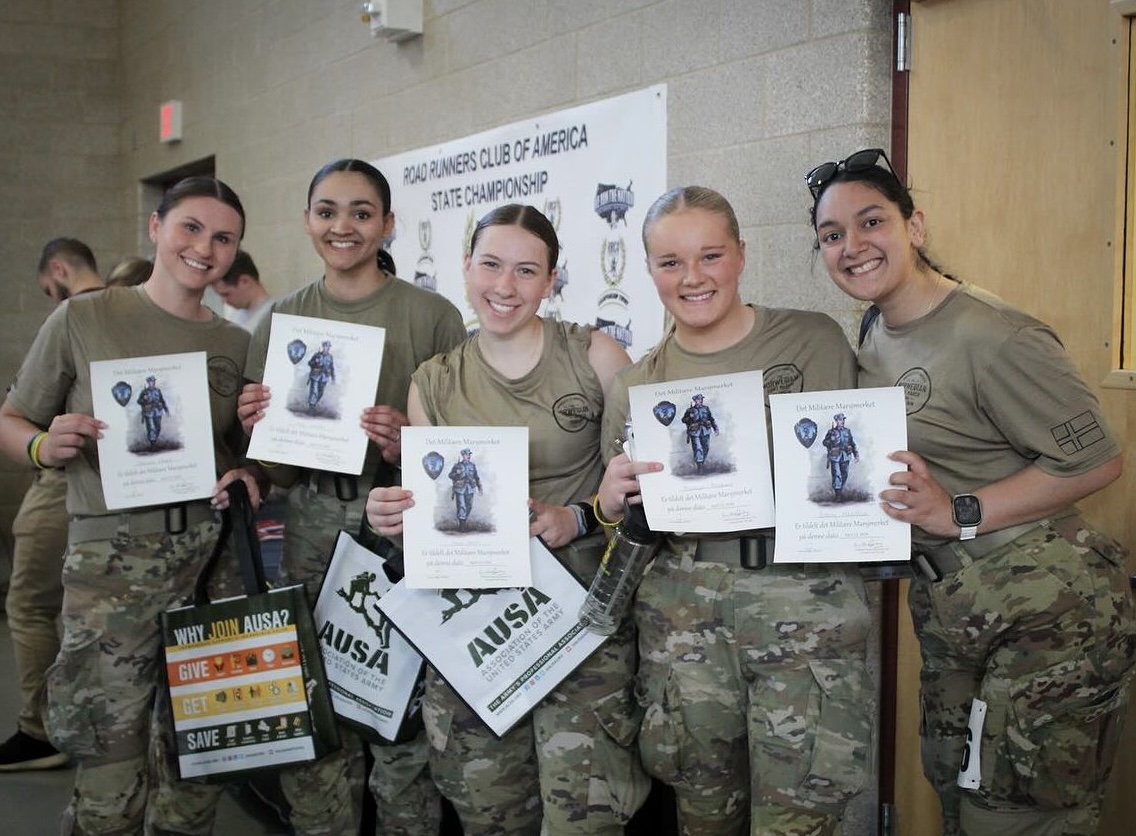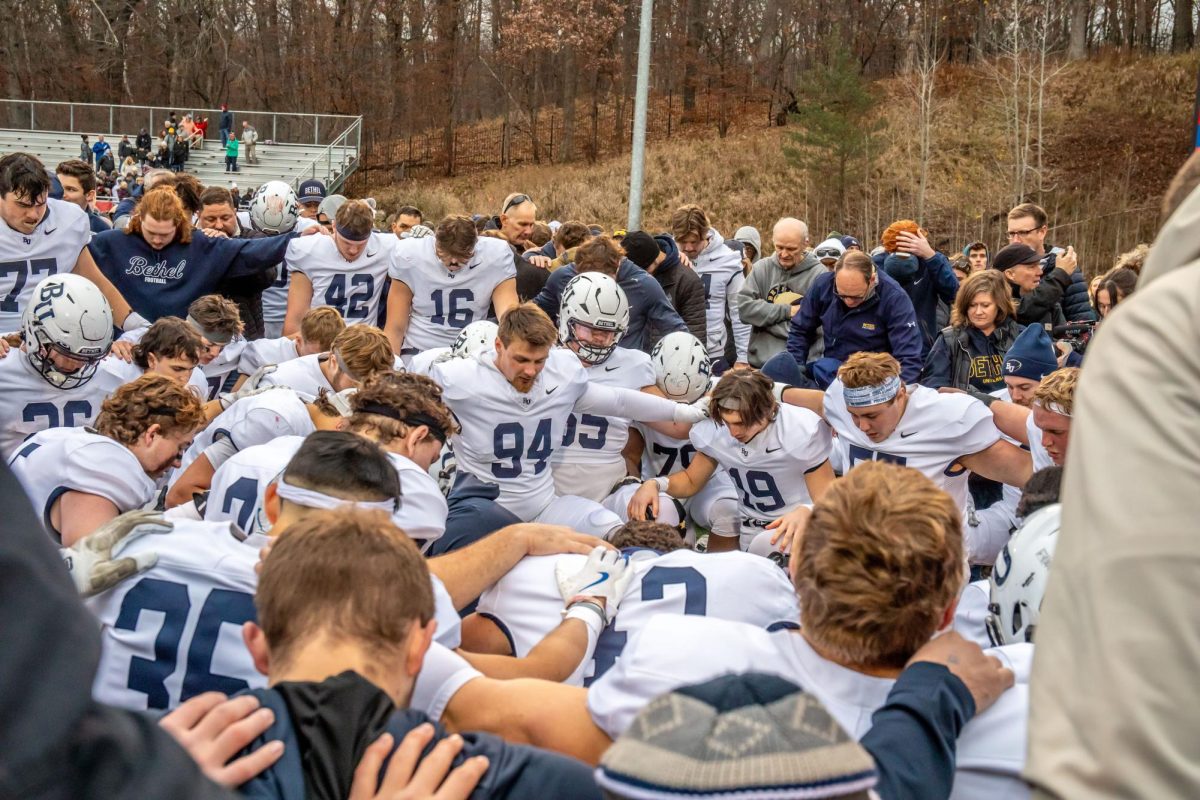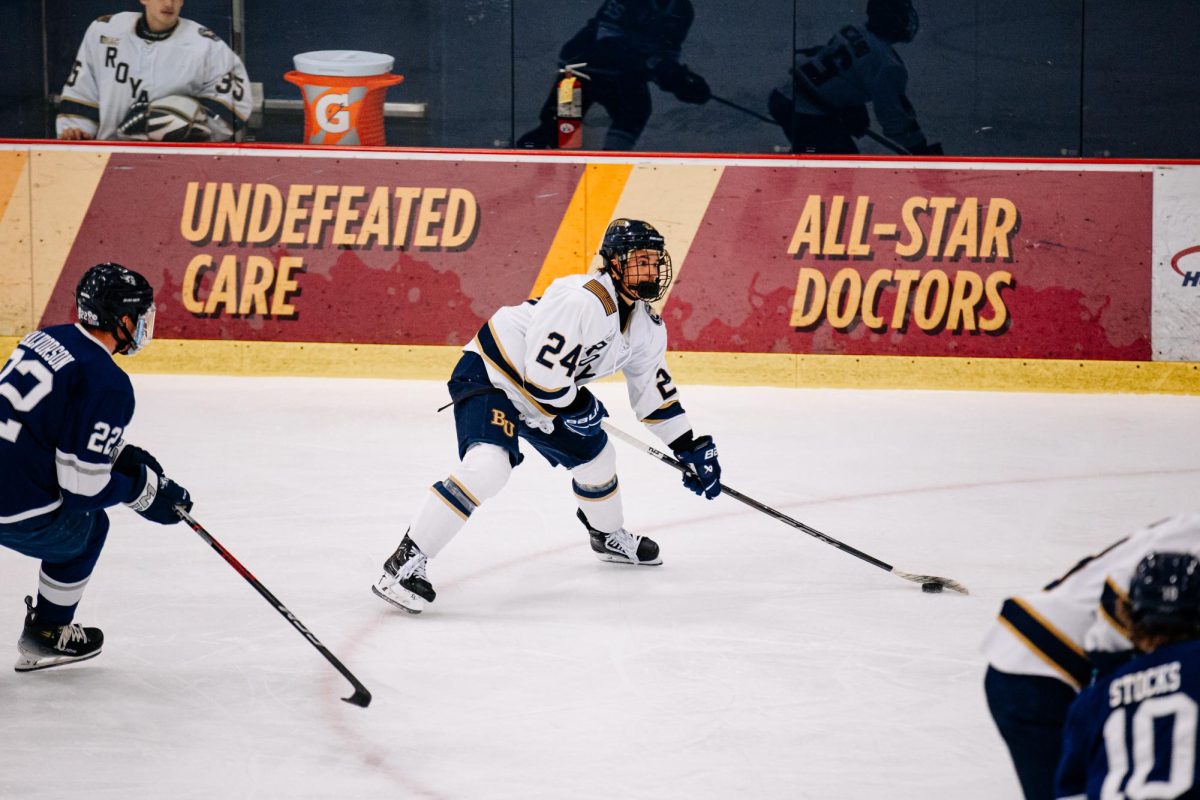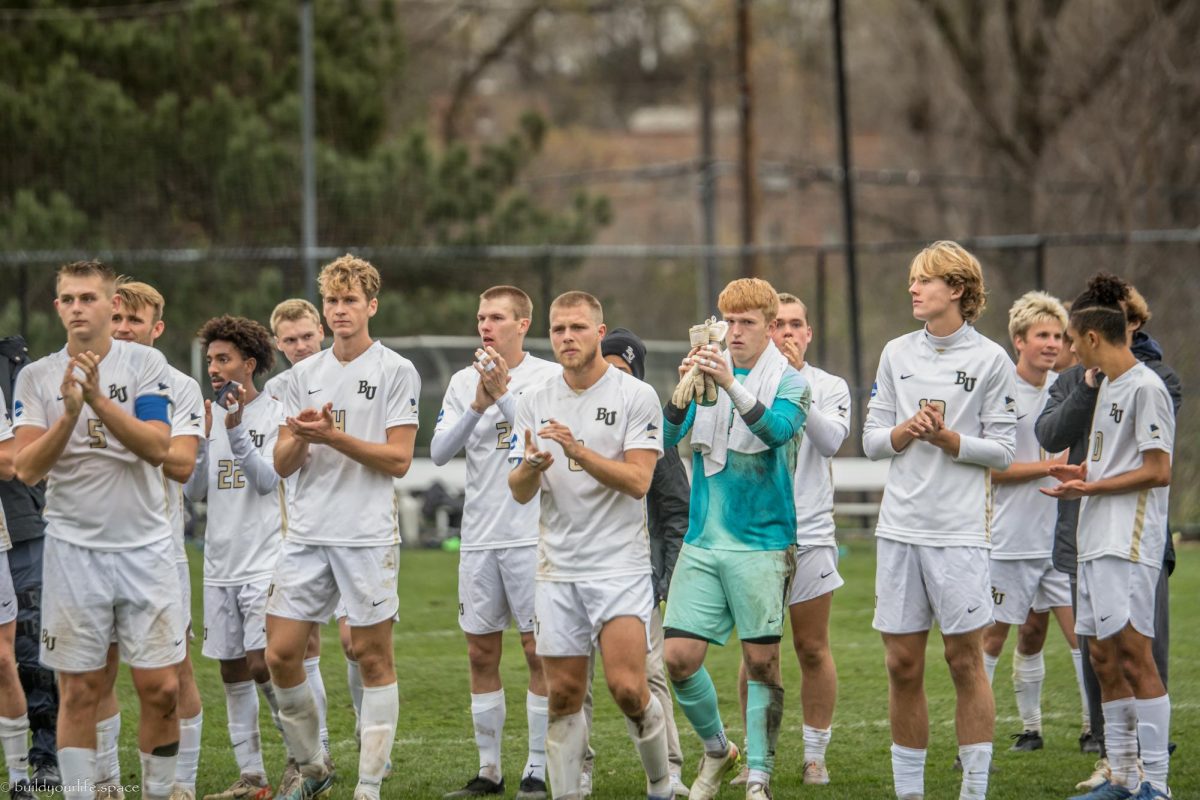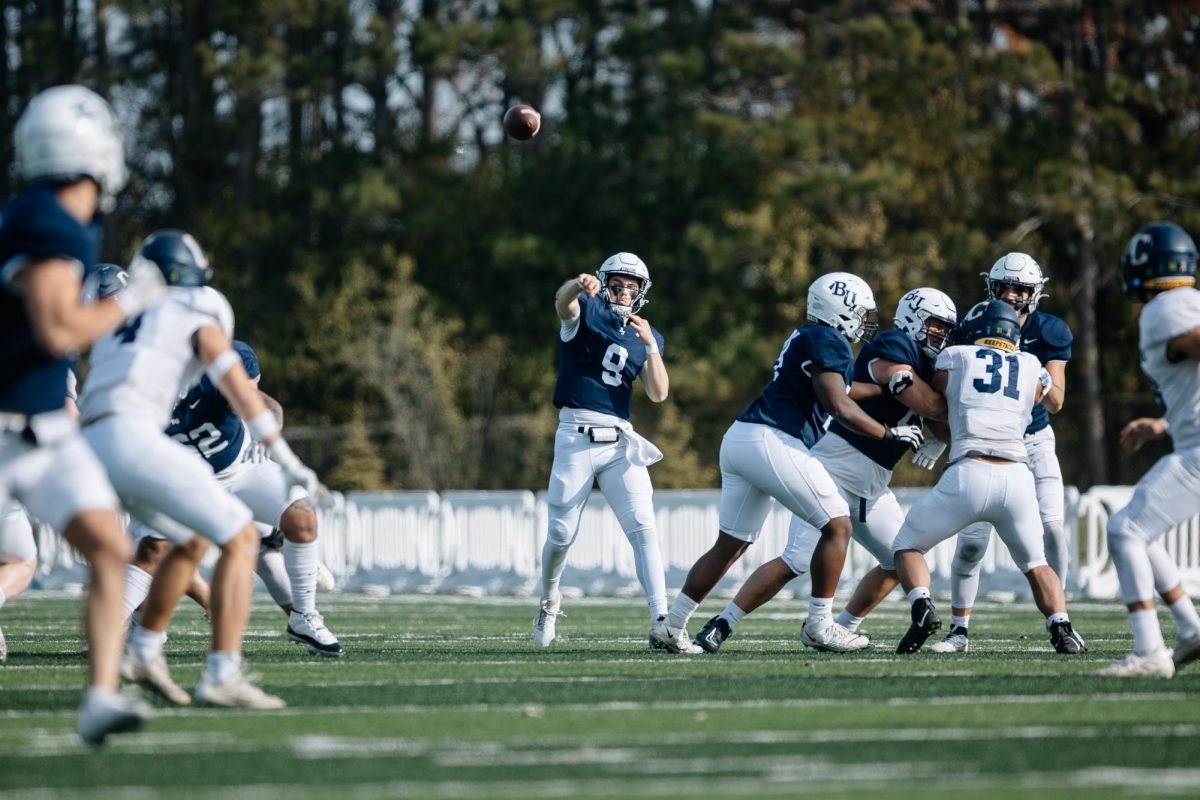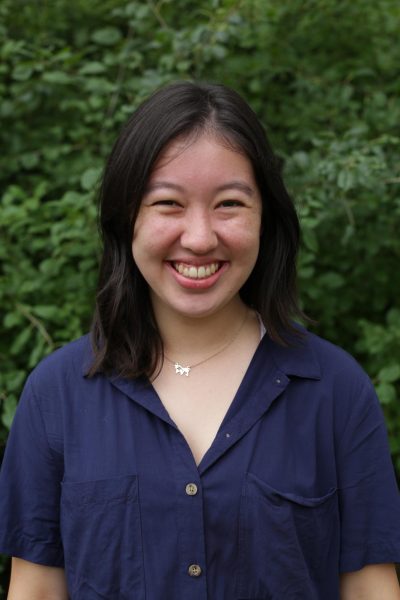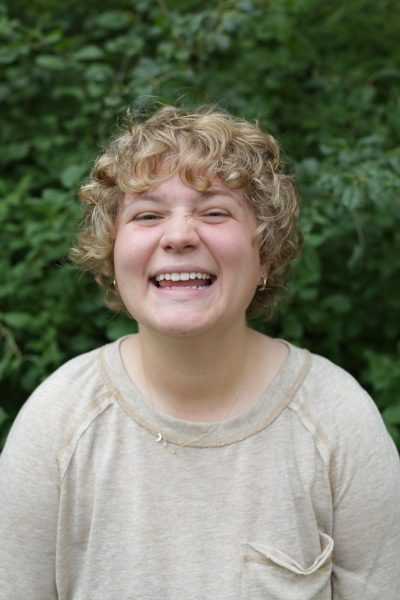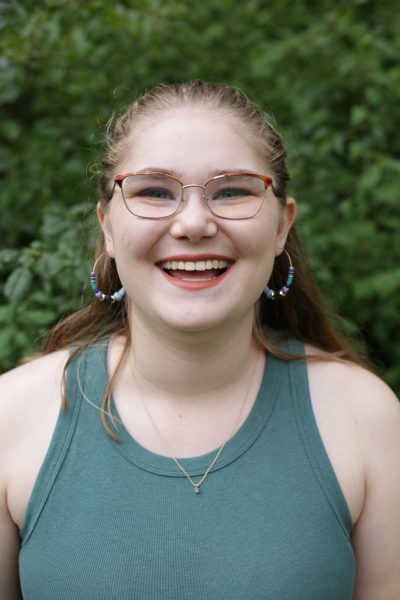Our staff compiled seemingly unrelated books and movies into recommendations that somehow make sense.
By Sarah Bakeman, Rachel Blood, Mild Du, Davis McElmurry, Molly McFadden and Molly Wilson

If you like “Good Will Hunting,” read “Paper Towns” by John Green
Quiet, quirky Quentin Jacobsen grew up next door to Margo Roth Spiegelman, a free-spirited girl at the center of the universe. When she disappears, Q and his friends Ben and Radar set out to unravel Margo’s mystery while navigating the trials of growing up in Orlando. But not all endings are a love story.

If you like “Paper Towns,” watch “Good Will Hunting” directed by Gus Van Sant
Professor Gerald Lambeau learns of Will’s intellect and strikes a deal with Will when he gets into trouble with the law. Gerald realizes he can’t do this on his own and asks Dr. Sean Maguire to help get through to Will. The film follows Will as he navigates through a period of his life where he does not know what else is out there for him. “Written by young people, but made for all people,” Movie Club leader Peter Kraakevik said.
Why this recommendation makes sense:
Will and Q, both teenage boys trying to make it on the edges of society, fall for untethered girls in the midst of discovering their own places in the world. While “Paper Towns” may not give you the happy ending you were aiming for, “Good Will Hunting” leaves you with high hopes and both storylines follow the very real ups and downs of the teenage identity crisis.

If you like “The Secret Life of Walter Mitty,” read “All the Lonely People” by Mike Gayle
“All the Lonely People” focuses on Hubert Bird’s childhood move from Jamaica to England, while also following him through his daily life as an older, retired, lonely man. This reality, however, is not what it seems. Throughout the book falsities of Bird’s life are revealed to the readers, creating a fun layer of distrust.

If you like “All the Lonely People,” watch “The Secret Life of Walter Mitty” directed by Ben Stiller
“The Secret Life of Walter Mitty” tells the story of a Life magazine employee who lives in repetitive nine-to-five monotony. As a form of escapism, Walter chronically daydreams scenarios in which his life is cinematic and he is a hero – but he remains feeling unworthy and fearful in the real world. When Walter loses the photo his bosses intended to be on the cover of Life’s final print issue, he must travel between continents to find the photographer. From fishing boats to Himalayan soccer, Walter is forced to have his first real adventure.
Why this recommendation makes sense:
“All the Lonely People” and “The Secret Life of Walter Mitty” both include a balance of reality versus fantasy life as the main characters navigate difficult life situations. In an attempt to escape, the men create false realities that seem less sad than the true situation. Readers and watchers are slowly let into the secret worlds of the characters as more and more truths are revealed. Using the contrast between daydreams and reality is a striking storytelling technique that makes the viewer consider how their own daydreams may be disparate from reality — and how to bridge the gap.

If you like “The Social Network,” read “The Secret History” by Donna Tartt
“The Secret History” follows six clever, elite students studying ancient Greek at a liberal arts college. The book opens by narrating the murder of one of the six, then spends the next 576 pages detailing the events leading up to and following the death. Dealing with themes of social class, isolation and manipulation, readers watch the characters slip from morally gray into morally corrupt.

If you like “The Secret History,” watch “The Social Network” directed by David Fincher
David Fincher’s film weaves themes of innovation, betrayal and the power of ambition into an exhilarating story of the creation of Facebook and the ensuing aftermath of backstabbing, legal battles and the ethical dilemmas that arose as a result. Starting in a Harvard dorm and ending at the top of the food chain, no one gets there clean.
Why this recommendation makes sense:
“The Secret History” was dark academia before TikTok came up with the phrase “dark academia.” It will make you want to transfer to a liberal arts university in Vermont, wear a trench coat and read dusty books with cracked spines. At its worst, it will make you want to betray your friends in a Greek-literature-driven psychosis. “The Social Network” is, by far, David Fincher’s magnum opus. The colors and cinematography are on another level. It’s a tale of betrayal and academia for the 21st century that will have you applying to Harvard, learning to code and playing the game of social network thrones with everyone you love for the chance to sit at the top.

If you like “Jojo Rabbit,” read “Between Shades of Gray” by Ruta Sepetys
15-year-old Lina is taken from her home in Lithuania and brought to a labor camp in Siberia. She finds comfort in art and uses it to send messages to her father in a different camp. The story provides an insight into aspects of World War II outside of German and Nazi-occupied countries, instead looking at the Soviet bloc and the ethnic cleansing of the Baltics.

If you like “Between Shades of Gray,” watch “Jojo Rabbit” directed by Taika Waititi
10-year-old Jojo is a dedicated Hitler Youth during the fall of the Nazi regime. Jojo has been fully indoctrinated into the Aryan purity belief of Nazi Germany by his imaginary friend, a fictionalized version of Hitler.After an accident at one of the Hitlerjugend training camps, Jojo is left to hang up propaganda as his friends go to war. One day he learns that his mother is hiding a Jewish girl in their attic who might, against his own belief become his friend.
Why this recommendation makes sense:
These stories will cleave your heart in two and leave you in tears. Both stories cause you to experience the war through the eyes of children who lack autonomy over their situation and understanding of why as tragedy repeatedly befalls Lina and Jojo. Each story deals with its own heavy themes while still providing moments of humor and a happy ending.






